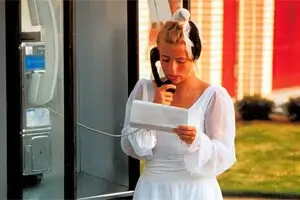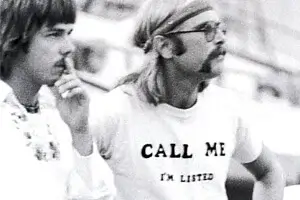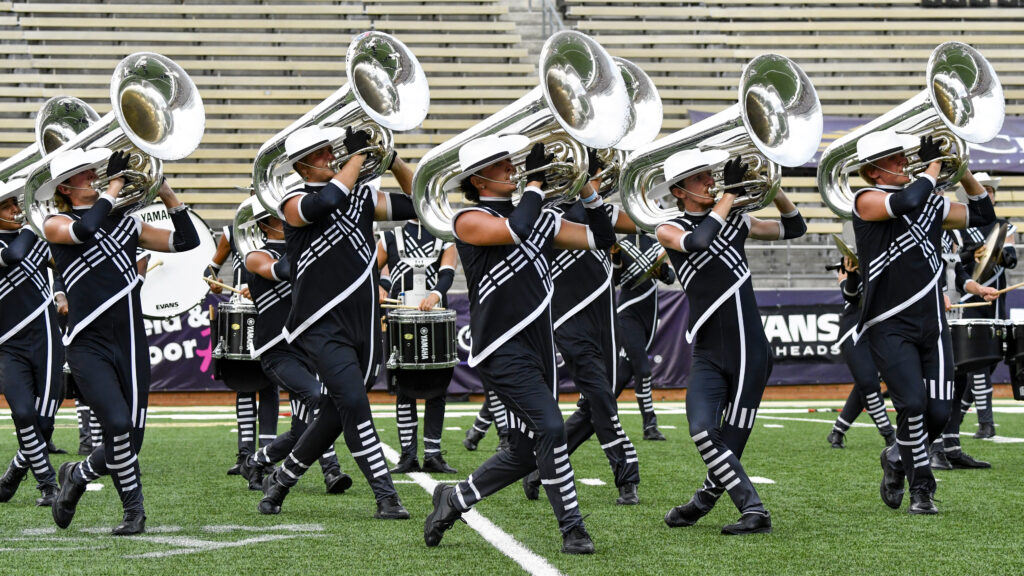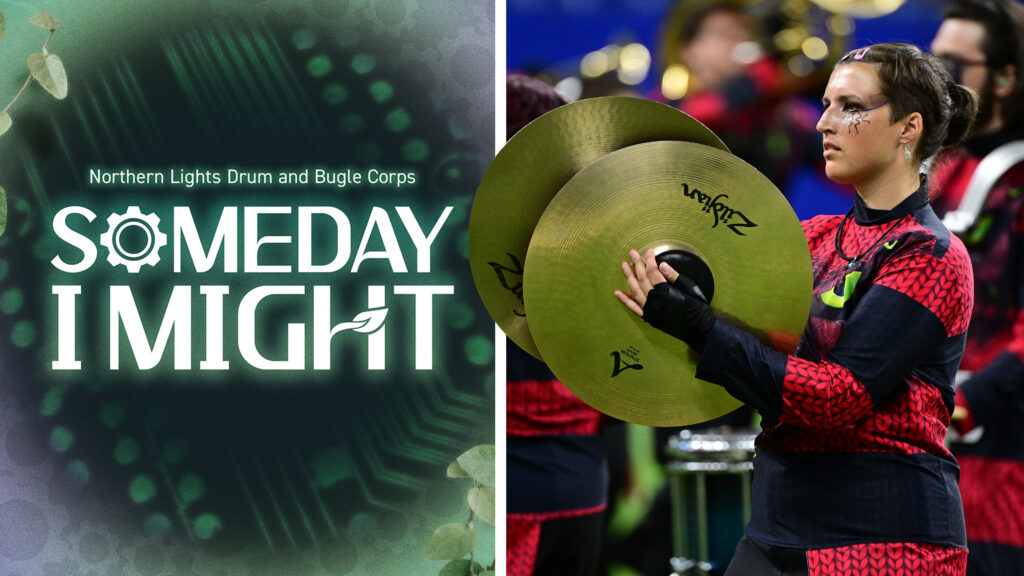If Jack and his staff had access to cell phones back in 1992, he wouldn’t have been left alone in the parking lot and
the corps would have enjoyed something more to eat on the road than cheese crackers from a truck stop. These days,
almost everyone has a cell phone, and with the popularization of smart phones, corps members traveling in the Midwest
know the scores of shows out east before the scores are announced at the shows in which they’re competing. More
remarkably, corps members traveling along the Pacific Coast may know the scores of shows on the East Coast before they
even take the field. Of course one downside to this new infusion of technology is the proliferation of cell phone
chargers that compete with laptop chargers, tablet chargers and air mattress inflators for the limited electrical
outlets in the gyms that house corps on the road. I once read about a corps staying in a gym that had one outlet and how
it took much of the night for members to get their mattresses inflated. As for getting their electronic equipment
recharged, fugetaboutit. In the days of DCI’s earliest years, we slept in sleeping bags on the floor and went days
before finding out our parents had moved without leaving a forwarding address or contact phone info. AND WE LIKED IT! In
special honor of Alexander Graham Bell receiving the patent on the telephone 136 years ago today, I’m officially
declaring today, “Phone a Drum Corps Friend Day.” And if the friend asks why you’re calling, tell them I told you to do
so and if they have any problem with that, they can take it up with Jack Bevins. Also, if you haven’t already done so,
you should also take this opportunity to pick up your cell phone and call the
DCI Box Office at
317.275.1212 to order
tickets for your favorite DCI shows this coming summer. Unfortunately, due to the numeral “1” not having a letter
equivalent on a phone touch pad, there is no snappy term like “CAN DRUM” that you can use to remember the number. Or, as
Lady Gaga might say, “Eh, eh, eh, eh, eh, eh, eh.”









